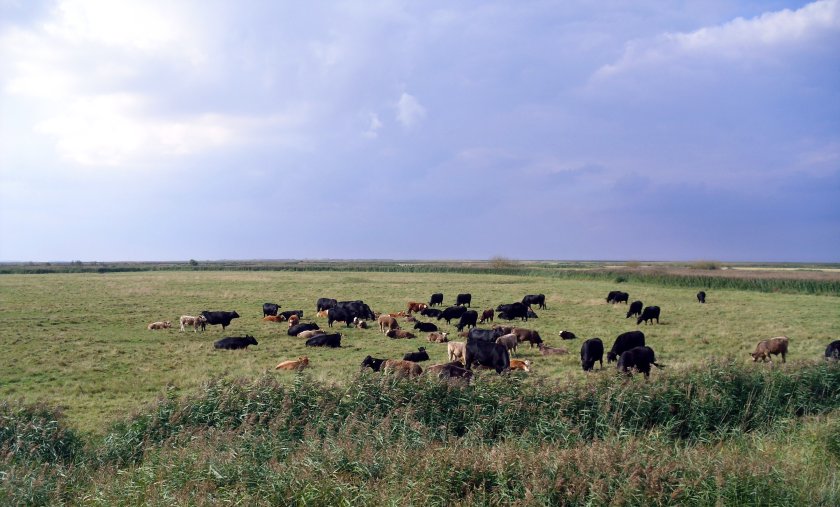Bluetongue confirmed in new county as cases continue to rise

The UK’s chief veterinary officer has urged farmers to remain vigilant for bluetongue virus after confirmation of a case in Suffolk, making it the third county to see an outbreak.
The Animal and Plant Health Agency (APHA) and the Pirbright Institute identified the first case of the disease in Kent in November through the bluetongue surveillance programme.
Since then, there has been dozens of further cases in cattle and sheep, predominantly in Kent and Norfolk, with the total now at 54 as of 20 January.
In a new update, Defra said there had been a single case of bluetongue virus in one cow in Suffolk, close to the border with Norfolk.
Active surveillance continues in the Temporary Control Zones (TCZs) within the counties, Defra added.
Bluetongue does not affect people or food safety. The virus is transmitted by midge bites and affects cows, goats, sheep and other camelids such as llamas.
The midges are most active between April and November and not all susceptible animals show immediate, or any, signs of contracting the virus.
The impacts on susceptible animals can vary greatly – some show no symptoms or effects at all while for others it can cause productivity issues such as reduced milk yield, while in the most severe cases can be fatal for infected animals.
Chief Veterinary Officer Christine Middlemiss said: “Bluetongue does not pose a threat to human health or food safety, but the disease can impact livestock farms, and cause productivity issues.
“These detections are an example of our robust disease surveillance procedures in action and it is also a clear reminder for farmers that the disease remains a threat, despite coming towards the end of the midge activity season.
“Farmers must remain vigilant and report any suspicions to APHA.”
BTV is a notifiable disease, which means suspicion of it must be reported to the Animal and Plant Health Agency on 03000 200 301.








